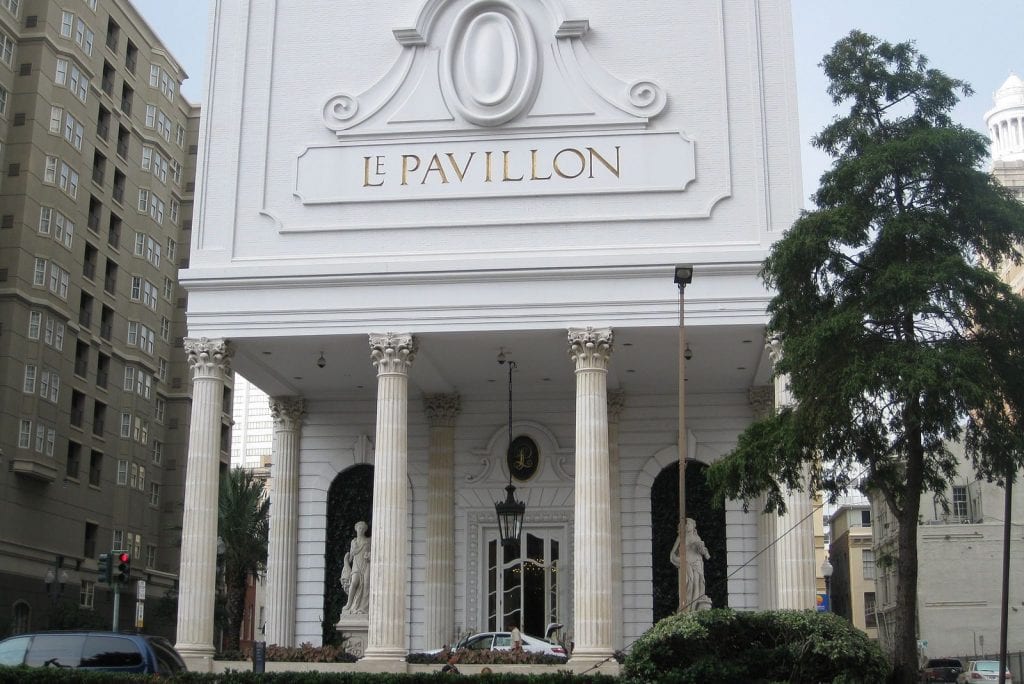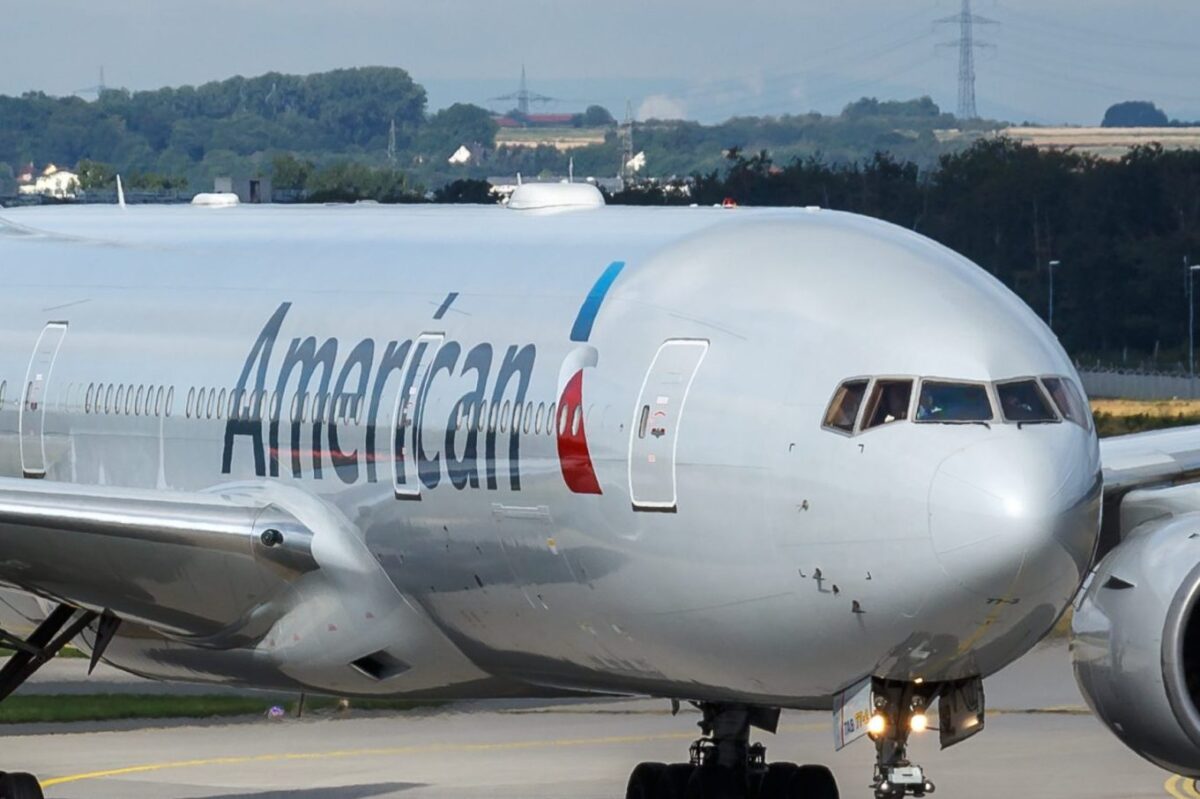Debt Woes Mount for Hotel Company Tied to Coronavirus Relief Loan Controversy

Skift Take
Ashford Hospitality Trust, one of the biggest beneficiaries of a U.S. small businesses coronavirus relief program — before it returned the money after being criticized — has a debt problem.
The Dallas-based lodging real estate investment trust, which owns properties like the Ritz-Carlton Atlanta and Le Pavillon in New Orleans, received $30 million from the Paycheck Protection Program under the $2 trillion U.S. coronavirus relief package.
Deep-pocketed companies and organizations like Ruth’s Chris Steak House and the Los Angeles Lakers received and returned their PPP loans after facing scrutiny, but Ashford Trust Chairman of the Board Monty Bennett initially held out, saying his trio of companies – which also include Braemar Hotels & Resorts and Ashford Inc. – legitimately qualified for the program and needed the money to make debt service and payroll obligations.
Bennett eventually promised to return the PPP money, but Ashford Trust is still in serious debt to the tune of $4 billion.
“We’ve gone into this crisis with too much leverage. It’s something where we’d look for opportunities to de-lever prior to this and had been unsuccessful,” Ashford Trust CEO J. Robison Hays said during the first quarter earnings call. “I’m not content with just making it through this crisis surviving and having a company that some investors may not think is investable and some think has too much leverage. I’m not okay with that.”
Get the Latest on Coronavirus and the Travel Industry on Skift’s Liveblog
Hays, who was announced as Ashford Trust’s new president and CEO during the height of the PPP scrutiny, did not address the acceptance or return of those funds during Thursday’s call.
Ashford Trust leaders blamed coronavirus for the weak performance. The company lost $94.8 million in the first quarter. Revenue per room for the company’s 93 hotels declined nearly 23 percent in the same time frame. But analysts noted Ashford was already in significant debt at the time of its controversial acceptance of PPP funds. The company ended the quarter with $4.1 billion in mortgage loans and $240 million cash on hand.
While Ashford Trust is working with lenders to buy more time through three to six-month forbearance terms, Hays said talks aren’t always successful. He added the number of loans Ashford Trust is current on is “extraordinarily small.”
“We’ve had great working relationships with our brands. The brands have bent over backwards like our friends at Hilton, Marriott, and Hyatt,” Hays said in reference to brands suspending brand standards and other ways to financially help owners. “Lenders, by and large, have not taken that approach, and it’s been very frustrating. But it’s what we have to deal with.”
Ashford Trust has been able to strike forbearance deals with some of its lenders and is making progress with others, but there is a ceiling on how much success the company may find with negotiations and new terms. The U.S. Federal Reserve gave guidance to banks to work with borrowers impacted by coronavirus and offer flexibility, Ashford Trust Chief Financial Officer Deric Eubanks said. But banks make up only half of hotel debt, and there is less regulatory guidance or encouragement to be flexible with the remaining half of lenders.
“Our industry has just been crushed and really needs some guidance from our government officials in how lenders should be working with borrowers right now through this crisis,” Eubanks said.
A Slimmed Down Portfolio
It is unlikely Ashford Trust’s 116-hotel portfolio remains fully intact through the ongoing crisis.
The company gave up three hotels in the 2008 financial crisis, Hays said while noting the coronavirus pandemic “is materially worse than that situation in what we’re seeing and how underwater certain assets may be.”
Ashford Trust isn’t seeking forbearance to buy time to recover. Instead, it is wanting to use that time to evaluate its portfolio and determine which properties should be saved and which are easier to divest.
“Our goal is to keep as many of these properties as we can and to keep the portfolio as it is, but there is obviously the outside opportunity that some of that may not happen,” Hays said. “We obviously have priorities and keepers and assets where, frankly, if we had to hand back, I’d be okay with that. There are all of those. I just don’t know what the lenders are going to do.”
Ashford Trust’s leadership maintained financial problems weren’t limited to their own company but to the hotel industry as a whole. Hays accused debt servicers and lenders of not yet acknowledging the “reality and depth” of the crisis and said six months of forbearance still wasn’t enough to help the hotel industry through a prolonged low-occupancy environment. He did not comment on a recovery timeline forecast beyond saying, like most hotel executives, that drive-to and leisure travel would return first.
“At some point in time, fundamentally every hotel loan in America will have to have some sort of restructuring. I don’t know when that will happen. We’d obviously like that to happen sooner than later,” Hays said. “I think that’s the case almost universally across every hotel loan. Nobody is ready to solve it, and that may have to come through continued pain and watching us slowly crawl back.”




